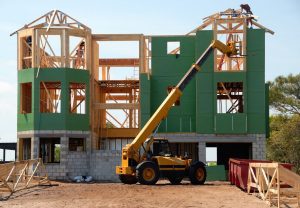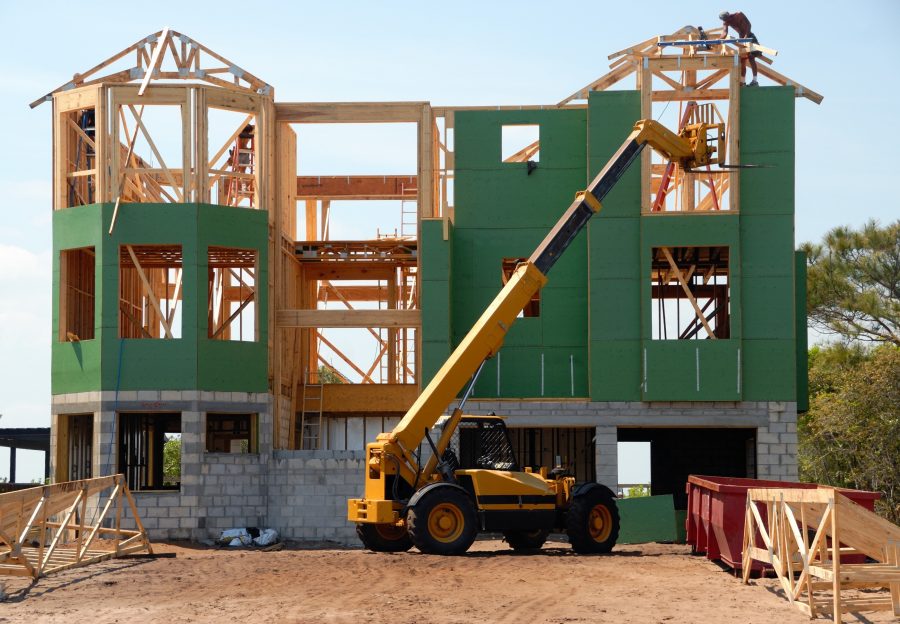Property development can be a great revenue stream. Whether you’re planning on redeveloping the property for rental purposes? Or you would like to convert your development into an HMO? Or you would like to refurbish a property to sell later. Property development has many pros, and many people are making a good living from that. But you must know what you’re doing and beware of any pitfalls along the way. They’re usually two types of people who get involved, and they are contractors or new developers. But you will need help with project management if you do not have experience running development of this type.
 So, here are some of the top tips to get you started and make sure your next development is a complete success.
So, here are some of the top tips to get you started and make sure your next development is a complete success.
- Research and create a plan – What is your aim? Do you want to rent the property or sell it? Check the market and make sure properties are being bought and sold or rented. Check what price you are likely to get for the development. The price can depend on the standard and size you plan to achieve. You will need a solid plan for what type of building you want to develop. Do not start developing listed buildings unless you have significant experience in this area. They can be very complicated and have many planning permission hurdles you need to jump through before you can make a success. One small error such as not being able to complete a particular piece of work and run the adequate pipes may make the entire project a complete disaster.
- Check the location – you need to know the area; know what type of demographic you are going to be selling or renting to. You do not want to be using top-of-the-range fittings and finishing if you’re not going to be getting top dollar on your ROI (return on investment). But if you’re planning on developing in Mayfair, you do not want to be using lower-quality materials either.
- Analyse your finances. The structure of a development loan can get around 70-75 per cent of the finished development. But you will need to consider how you are going to provide the other 25-30 per cent. These amounts could be even higher for commercial mortgages. Once you are ready, consider the following options, such as can you finance the project? Do you have existing equity? One option is to use a bridging loan as this can give you 70-75 per cent of the final sale price. But it’s possible to get up to 100% if you have security in other methods such as an existing property. It can get a complicated procedure, so it’s worth consulting with an expert. For example, you may be looking at converting a property such as a three-bed Terrance. And to increase its revenue, turn it into an HMO. Doing so can be very profitable when done correctly. But mortgages and loans will depend on your previous experience within the industry, so if you are new, it is worth starting small and building up. Refurbishing an existing property that is showing signs of wear and tear is a good start. Consult an expert in this field who will make sure you get the right type of loan and can finance your build to its most significant potential.
- Take your time – do not buy the first property that comes on offer, make sure you have set out your criteria and that you stick to them. If you are in an auction and you have a property available. Or maybe you have inherited the property, and you would like to maximise the return? Don’t buy something for fear of missing out.
- Who is your potential audience? – Who is going to be buying or renting the property once it’s finished? It’s straightforward to get carried away and build to your likes, but you may not be the type of person who will be renting or buying when you finish. Remember your goal it’s to make a profit, so being strict will pay off in the long term.
- Think outside the box – Another option is to buy without planning permission and then convert into flats. Although this can produce some significant gains, it comes with its risks. Please consult an expert for advice if you don’t already have experience. Areas such as planning permission and regulations can get very complicated. An expert will tell you about areas such as risk management in all case scenarios. Some builders are now starting to utilise their time in winter months when their work gets quiet. They can use development as a side project. This approach can be a very convenient way of getting started, but you have to consider your time commitments. Do not let your paid work suffer until you are confident it will be a success.
Conclusion
There are many risks involved, such as needing planning permission or listed buildings. Although these types of construction can be the most rewarding in the long term, it’s worth considering the risks as well. You can always build up gradually and move up as you get more confident. You are reinvesting earnings as you go. This way, each project can become more rewarding as you grow in confidence and experience. Remember to look for experts in every area such as contractors to financial advisors. Also, an expert will help devise an exit plan for all case scenarios, so you don’t fall into any unexpected traps along the way.
We can help you to secure the right finance for your HMO property. Just complete our quick enquiry form here and we will contact you shortly.
DISCLAIMER: These articles are for information only and should not be construed as advice. You should always seek advice prior to taking any action.
